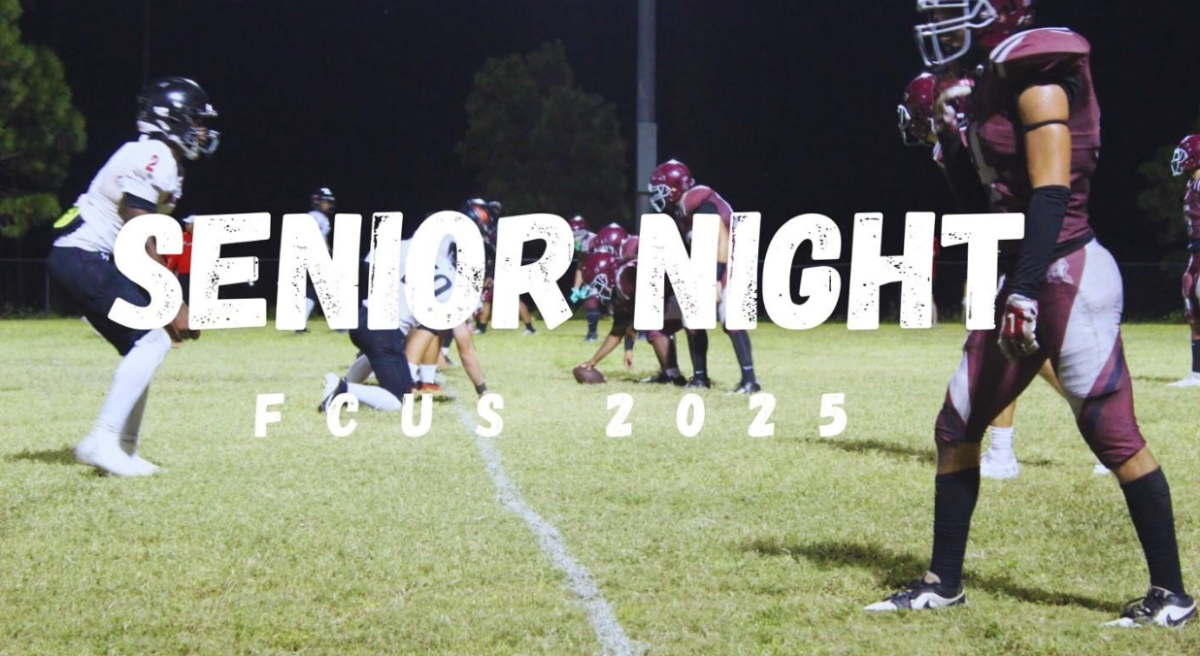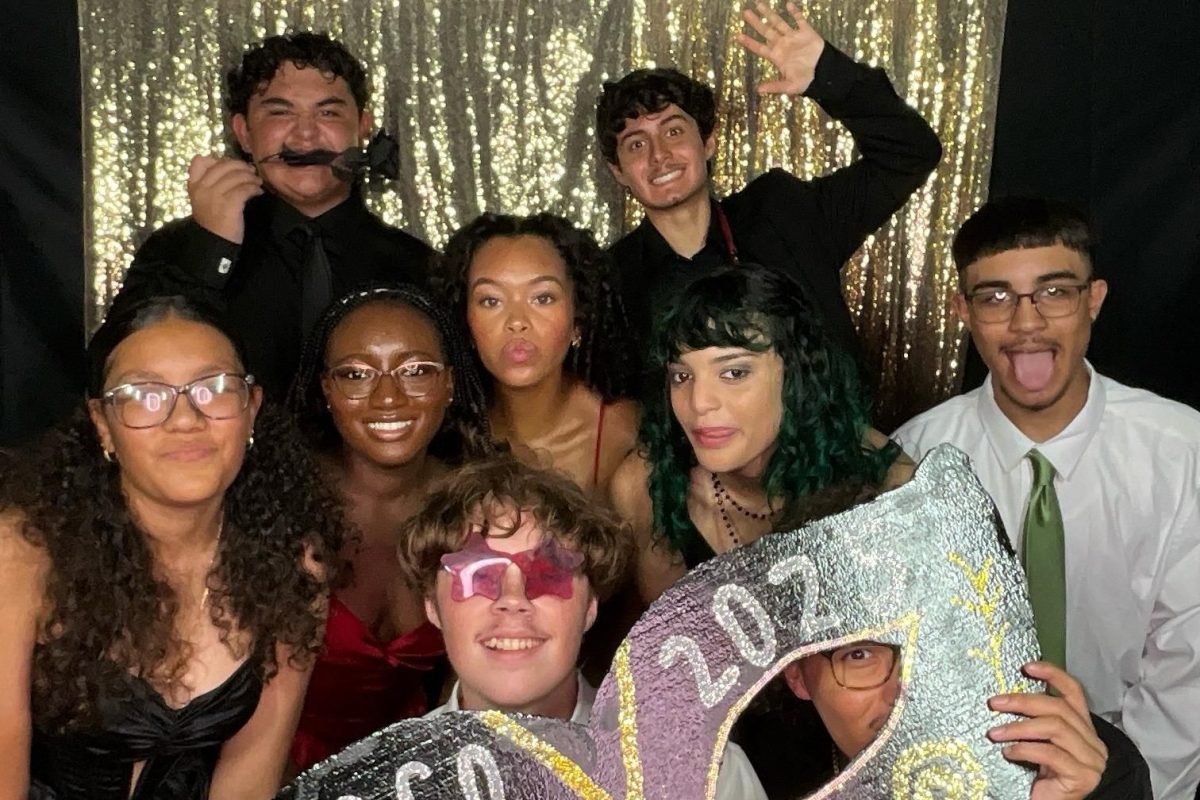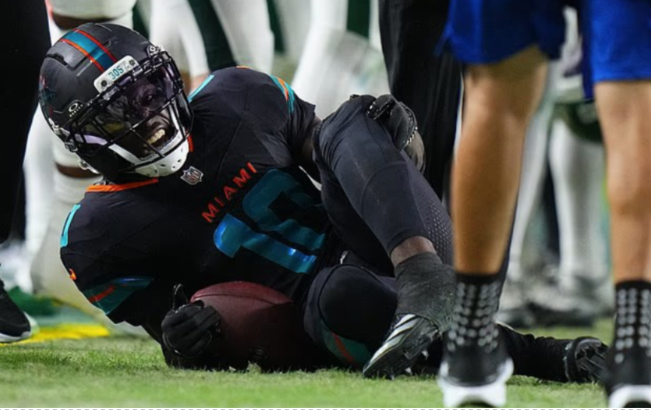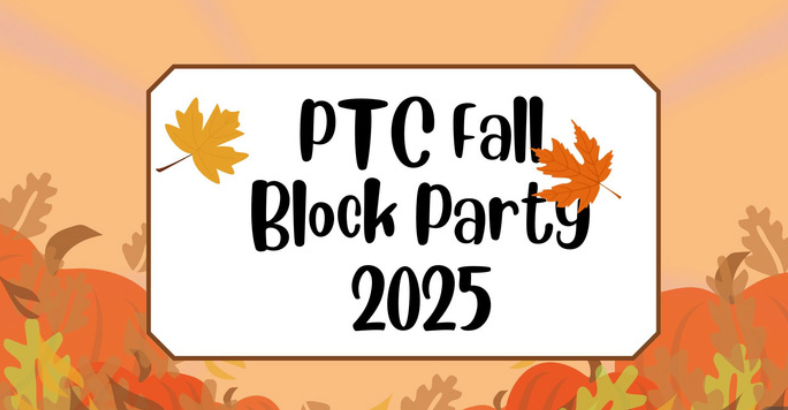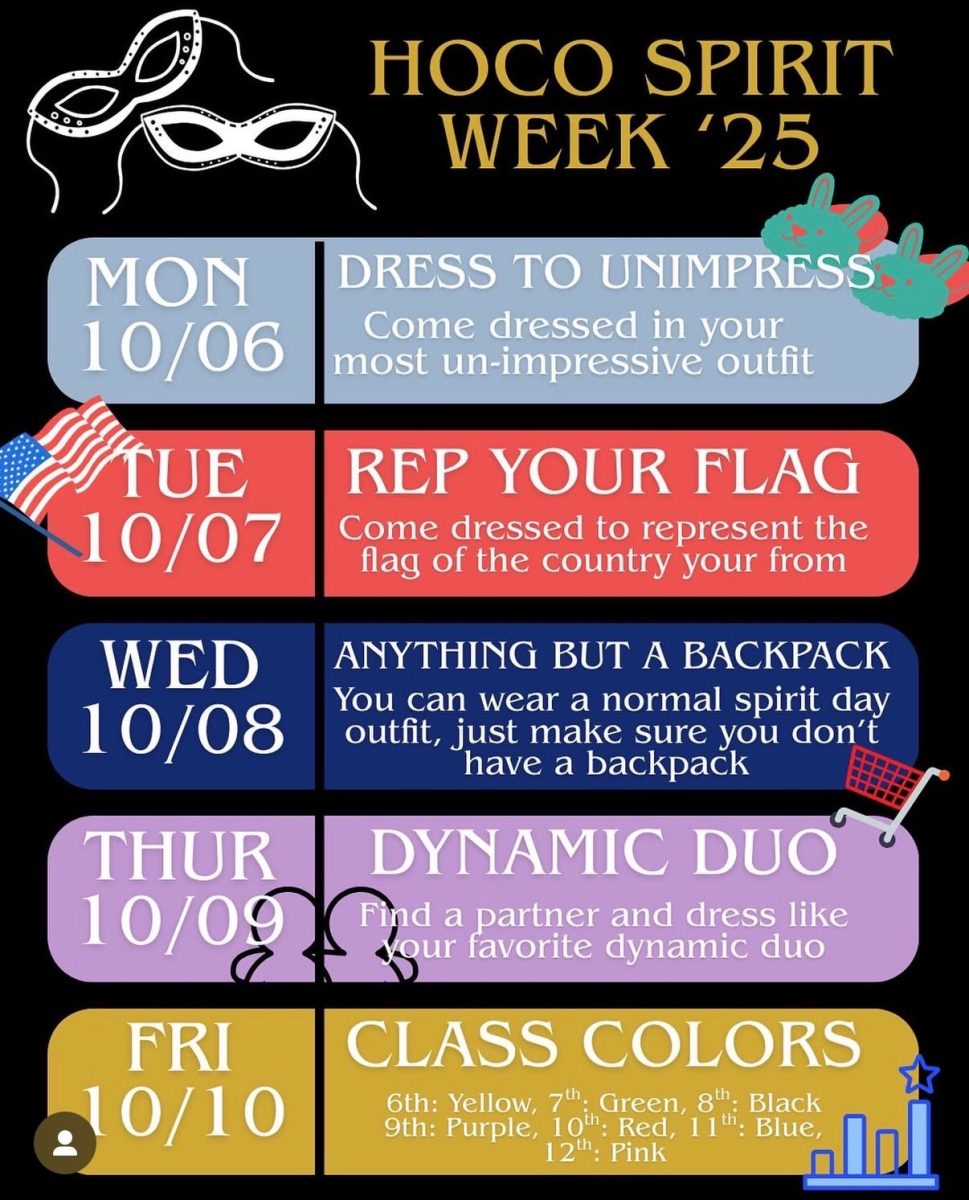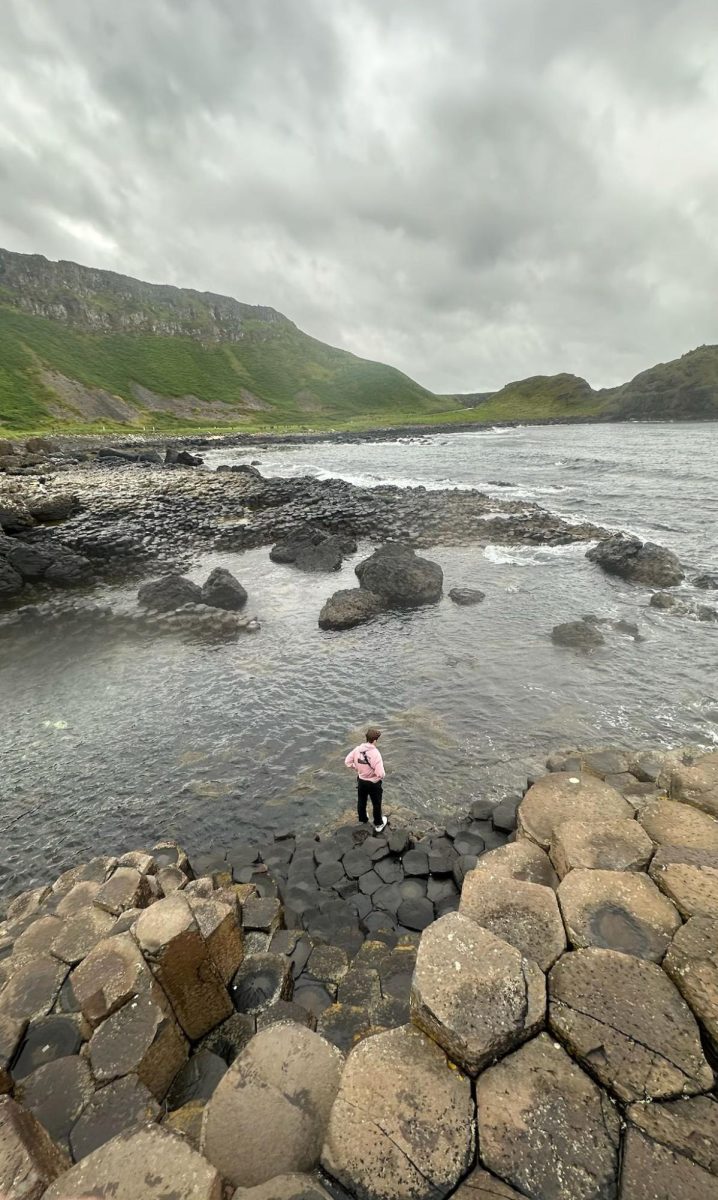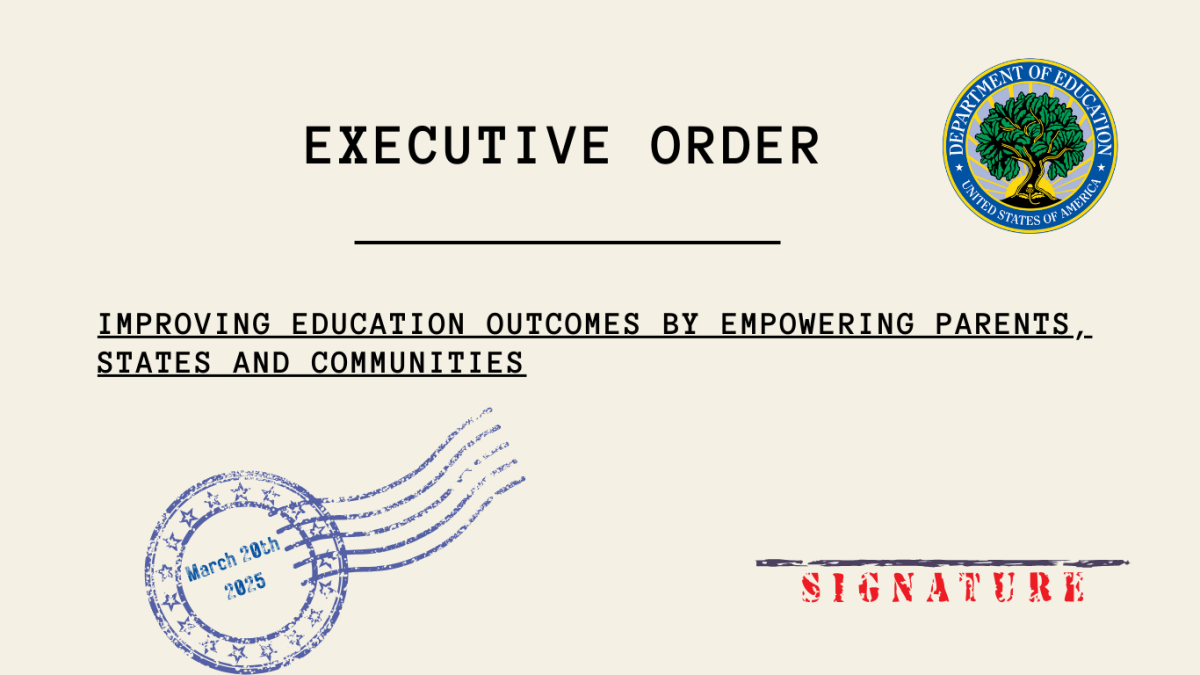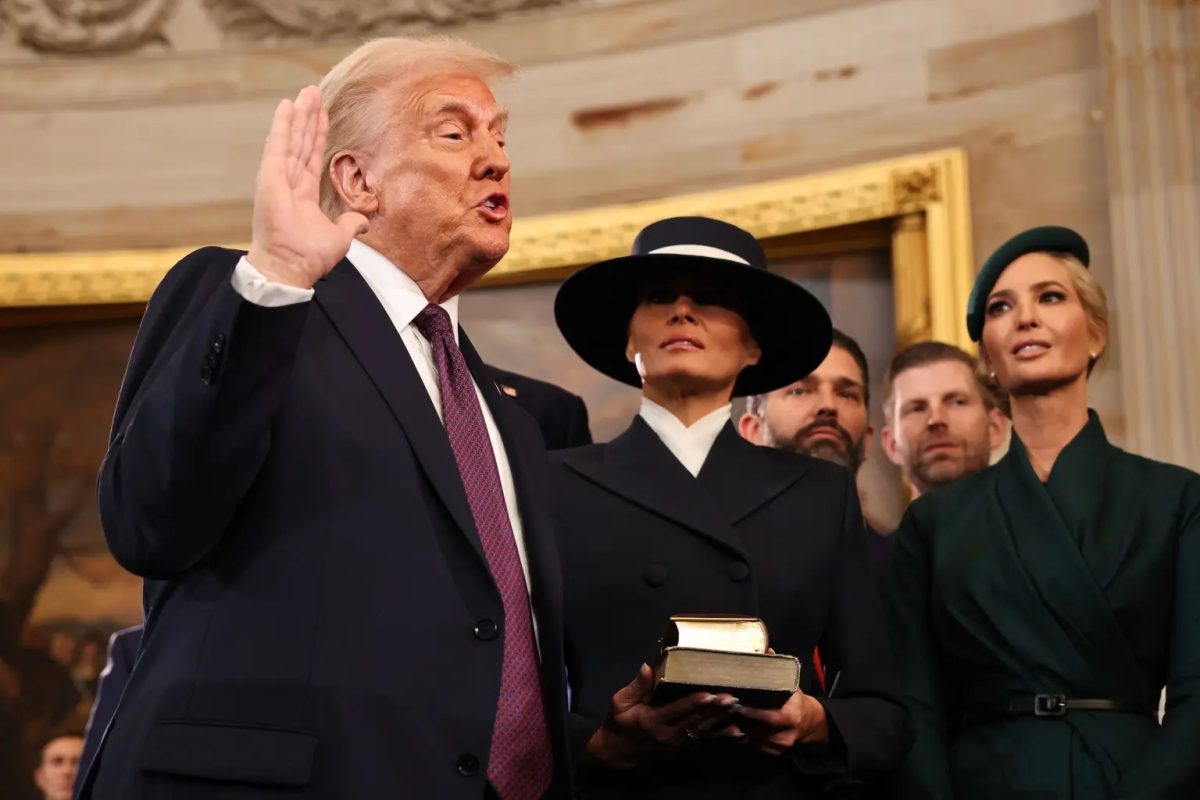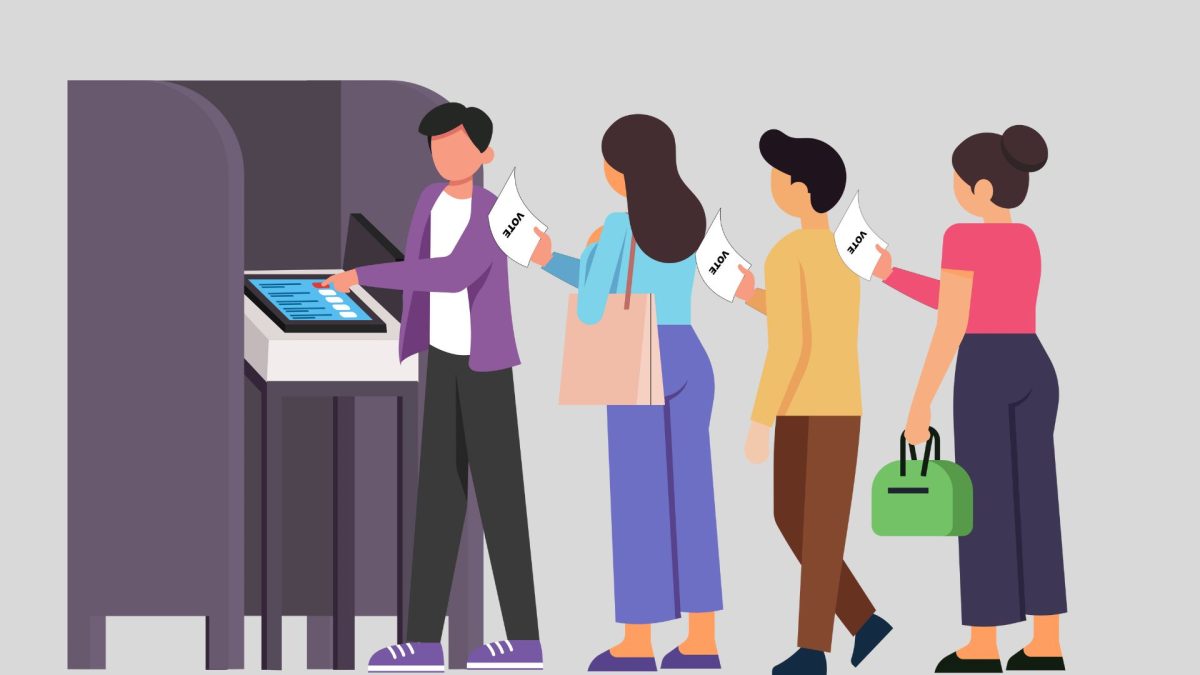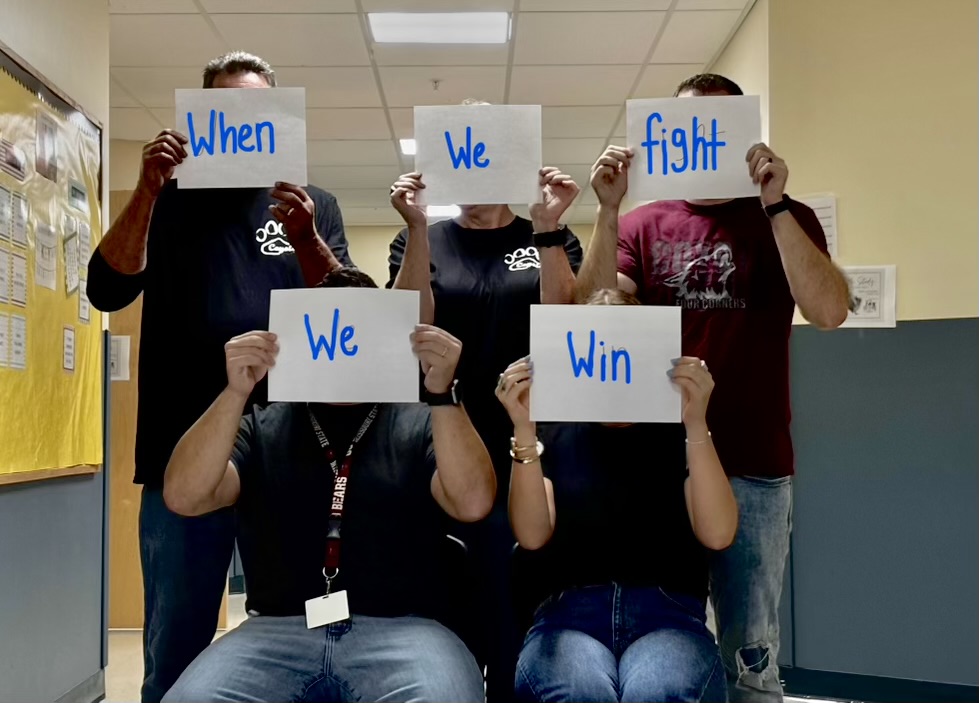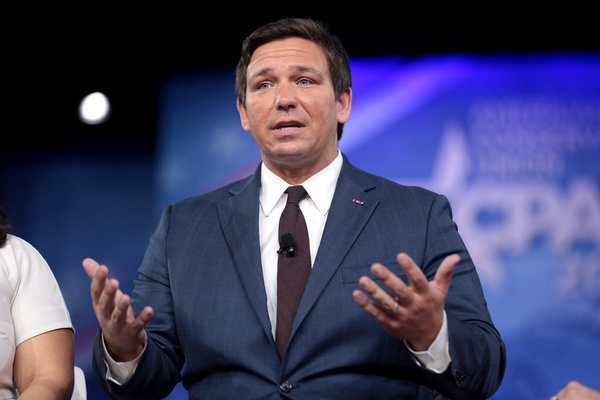Florida Governor Ron DeSantis raises different opinions with the signing of the HB 3, a bill that restricts minors’ presence on social media.
Main platforms such as Instagram, TikTok, and Facebook already restrict their users to being 13 or older. Yet, a survey published in 2022 by the non-profit research organization Common Sense Media shows an increase in media consumption between minors, ages 8 to 12 years old.
Seventh grader Alondra Cotto is 12 years old and is a user of online websites. Despite Cotto’s age she is active on social media as she posts and watches videos related to her interests.
“On TikTok, I post singing videos, and on Instagram, I post about my sport, I normally watch volleyball videos and music videos,” Cotto said.
Together with the protection of children the bill aims to uphold parents’ rights as it requires kids under 16 to obtain parental consent before becoming account holders.
Whilst raising a 14-year-old, social studies teacher “Janie” Walton deems that all parents such as herself must manage their kid’s exposure to the internet.
“Parents should be monitoring their children’s presence on social media, it’s easy for them to get into something they are not supposed to. I actually do regulate my daughter’s social media, she has either myself or my husband on each of her accounts, we check in to make sure she is safe online. It is a simple rule of being a parent, keep your child safe,” Walton said.
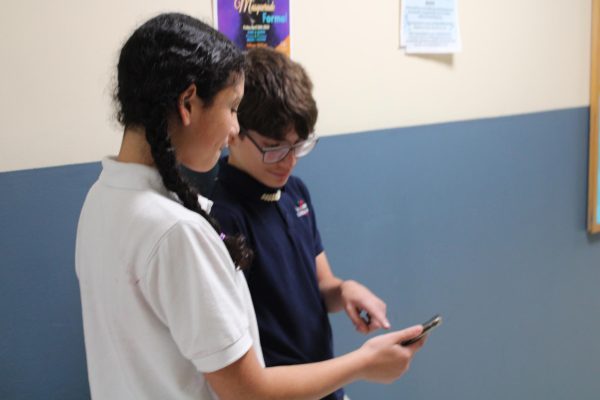
The announcement of the new law left many people to wonder how sites will be able to verify their users’ ages, a question that remains unanswered by the state of Florida.
“How are they going to police that? I don’t understand how they be able to really tell cause kids will lie about their age they already do,” Walton said.
While the bill is not clear on how the age verification will be done, it requires websites to present their users with the option of “anonymous age verification”. For that reason, verification will be done by a third party that cannot save information regarding its users after the task is complete.
After the legislation is put in place, platforms that deliberately violate the law will be burdened with a $50,000 fine in civil penalties. Even with the new procedures, seventh grader Jackson Irizarry Arroyo believes kids will figure out a way around the law.
“People are going to find a way to lie about their age and get in there [social media]. I am not worried about kids being excluded because I’m not worried about kids being out social media anyway,” Irizarry Arroryo said.
The measure targeted at young teens also requires that sites with pornographic or sexually explicit content have age verifications to fend off any minors who might run into them, a feature that many parents such as Walton consider necessary.
“They shouldn’t even be accessing that at all, those sites should already have an age restriction. You can’t even go to an R-rated movie unless you are a certain age, so I hope that it will be regulated,” Walton said.
Cotto shares her resentment towards the new rule when affirming that she is responsible for the content she accesses on these sites.
“I only use my social media to watch and post some videos, I don’t watch anything that is inappropriate for my age,” Cotto said “I don’t think it is fair because only some kids do stuff they are not supposed to, so I think only they should be kicked out the website.”
Although many kids might begrudge HB 3 given the effects it casts on their current lifestyle, some kids who have been on these platforms for a long time understand the need for such a law.
HB 3 will become a law on January 1, 2025. The act hopes to start a change in how kids spend their young years and protect them from the dangers of social media.
“Our life should not be based on social media. Just be a kid, have a childhood, we shouldn’t have to worry about all the drama that goes on in there [social media]. It is too early to be living through everyone else, enjoy life yourself,” eight grader Sophia Arzuaga said.



